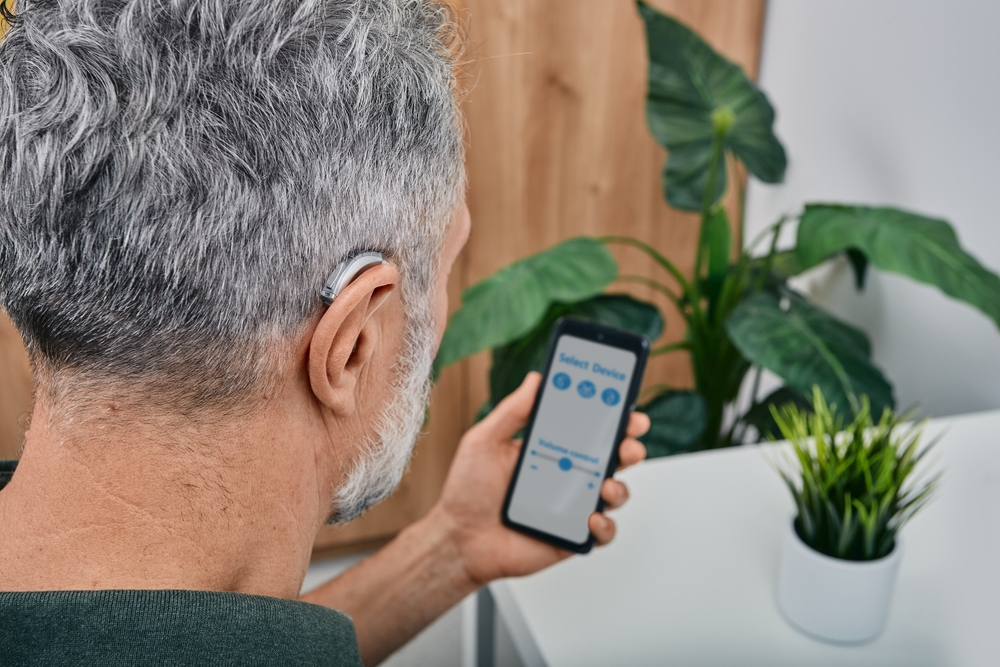Even mild hearing loss can considerably impact everyday life, affecting interactions with friends, family, and co-workers, as well as complicating routine activities such as grocery shopping. But transformative changes can be established by the use of correctly tuned hearing aids.
Top ten reasons to get hearing aids
Although enhancing hearing is the obvious and primary benefit of hearing aids, their positive effect goes way beyond that. The following will comprehensively outline those benefits.
Improved relationships and communication
Personal relationships depend on the ability to communicate clearly. Relationships can be strained when hearing loss causes missed communication. Feelings of separation and frustration will be decreased and your ability to communicate with others will be improved by using hearing aids.
Being more independent
Simple tasks like purchasing groceries or going out for dinner can become difficult with neglected hearing loss, as communication barriers may develop. Hearing aids enable you to navigate these situations independently by increasing your ability to hear and understand speech in a variety of environments. This newfound independence extends to activities like driving, where enhanced situational awareness contributes to safer experiences.
Possibility of higher income
Reliable communication is key when you’re dealing with professional settings. Untreated hearing loss can impede your ability to take part in meetings or discussions completely, potentially affecting job performance and career development. By wearing hearing aids, you can remain engaged and alert, boosting your productivity and opening doors to career opportunities.
Discomfort From Tinnitus Can be Decreased
Hearing loss is frequently accompanied by tinnitus symptoms or ringing in the ears. Hearing aids can provide relief from tinnitus for some people by masking symptoms.
Cognitive decline can be mitigated
A link between mental decline and dementia, and hearing loss has been suggested by the results of some research. By managing hearing loss with hearing aids, you may decrease the risk of cognitive impairment and maintain better overall brain health.
The pleasure of music
Hearing loss can alter the perception of music, making it less enjoyable. Hearing aids replenish the richness and depth of musical sounds by compensating for frequency gaps, allowing you to rediscover the pleasure of listening to your favorite songs.
Increased confidence
Whether you’re in a social or professional setting, being able to hear better will give you greater confidence. Your overall quality of life will be enhanced and you will feel more competent when you can communicate better.
Boosted energy levels
Neglected hearing loss forces the brain to work overtime to fill in missing sound which can be mentally exhausting. Hearing aids decrease this strain, providing mental relief and allowing you to enjoy activities without feeling continuously fatigued.
Improved safety and awareness
Awareness of one’s surroundings is crucial for safety, whether it’s crossing the road or driving a car. Environmental sounds can be restored by hearing aids, making certain that your response to things including alarms and approaching vehicles is safe and appropriate.
Establishing a positive example
You will set a positive example for other people going through hearing loss by embracing hearing aids and displaying an approach to health and well-being that is positive. It inspires individuals around you by showing a commitment to personal improvement and growth.
Schedule a hearing test today
Hearing aids are mainly designed to help you hear better, but numerous other aspects of your life can be significantly impacted too. Hearing aids are a positive step to a better quality of life, whether that means increased independence, better cognitive health, enhanced relationships, or a combination of these.
Take the first step towards hearing better today by scheduling a hearing assessment with us.
